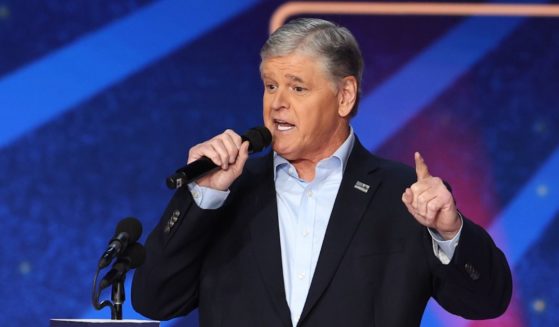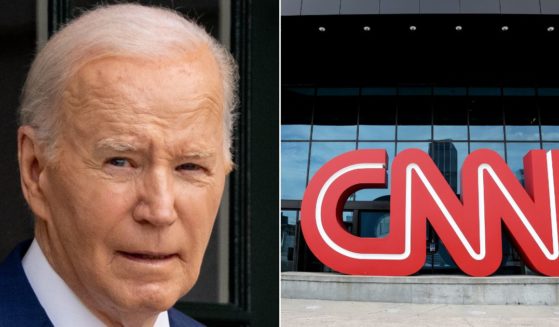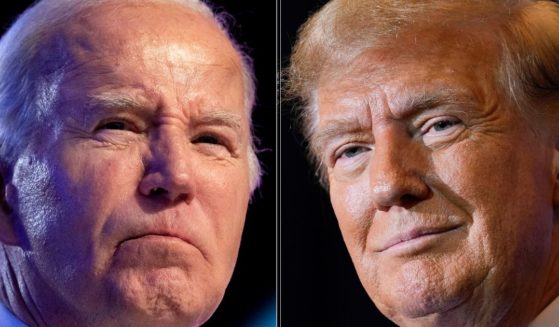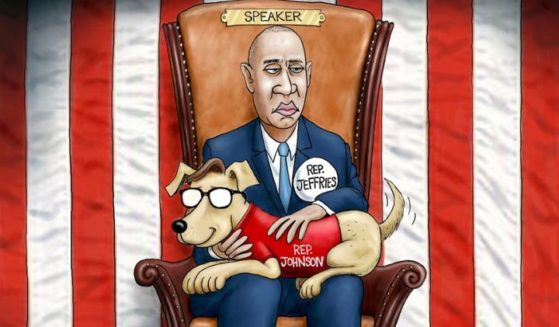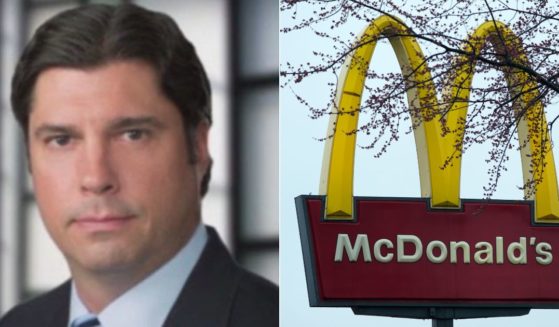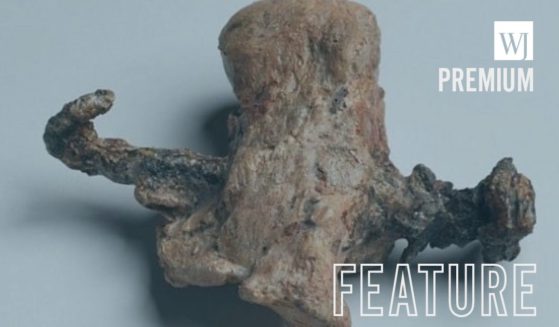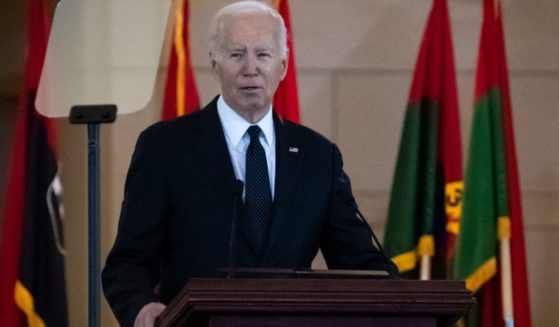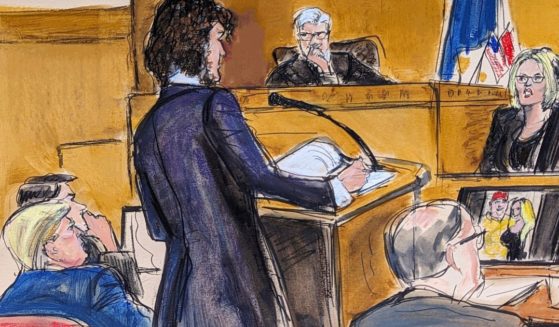Lebanon: Israel destroying border tunnels won't affect calm
BEIRUT (AP) — Lebanon’s president said Tuesday that Israel’s operation to destroy what it says is a series of cross-border attack tunnels built by the militant Hezbollah group won’t endanger the calm along the frontier, adding that his country takes the issue seriously.
Michel Aoun spoke hours before Israeli Prime Minister Benjamin Netanyahu visited the border where he said the Israeli military has discovered a third tunnel.
“If Hezbollah makes the big mistake and decides in any way to harm us or to resist the operation we are conducting, it will be hit in a way it cannot even imagine,” said Netanyahu.
The Israeli army said its soldiers placed explosives in the tunnel revealed Tuesday, warning Hezbollah against entering it.
The peacekeeping force, or UNIFIL, confirmed the presence of two tunnels along the border. The mission’s head, Maj. Stefano Del Col, said he met with Aoun and Lebanon’s parliament speaker Tuesday and informed them that UNIFIL experts have inspected two tunnels near Metulla, along the border north of Israel.
“This is a serious matter and UNIFIL is working in close coordination with the parties both at the technical level as well as at the leadership level to ensure that all related facts are objectively determined and diligently addressed in line with UN Security Council Resolution 1701,” Del Col said in a statement.
Aoun, a Hezbollah ally, said that Lebanon is prepared to address the issue after assessing a full report on the situation.
Aoun said the United States has informed Lebanon that Israel has “no aggressive intentions,” adding that his country harbored none either.
“We are ready to remove the causes of the disagreements, but after we get the full report and decide what are the issues we need to handle,” Aoun said.
Israel launched an operation on Dec. 4 to destroy a series of tunnels, showing one to U.N. peacekeepers and calling it a violation of the cease-fire that ended the 2006 war with Hezbollah.
De Col said the inspection of tunnels is a “work in progress” and vowed that UNIFIL will “make every effort to maintain clear and credible channels of communication with both sides so that there is no room for misunderstanding on this sensitive matter.”
Aoun spoke alongside Austrian President Alexander Van der Bellen, who plans to visit 180 Austrian peacekeepers in southern Lebanon the following day.
Van der Bellen said he calls on the two sides “to keep calm.”
“You are in a region that … will be for the next years, decades, always a difficult region as long as we have no real peace between Israel and its neighbors,” Van der Bellen said. “It’s in the interest of all countries of the region to keep the borders as they are, for economic reasons, for social reasons, and for development reasons. I think Israel is no exception to that.”
The Western Journal has not reviewed this Associated Press story prior to publication. Therefore, it may contain editorial bias or may in some other way not meet our normal editorial standards. It is provided to our readers as a service from The Western Journal.
Truth and Accuracy
We are committed to truth and accuracy in all of our journalism. Read our editorial standards.

